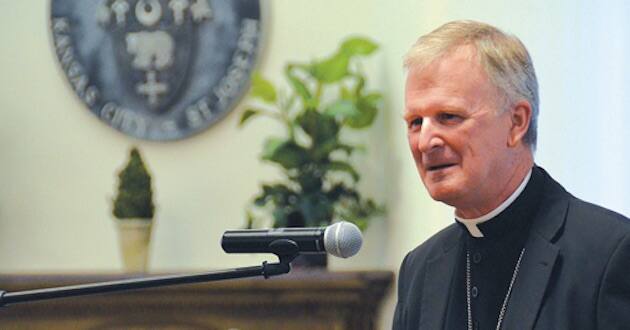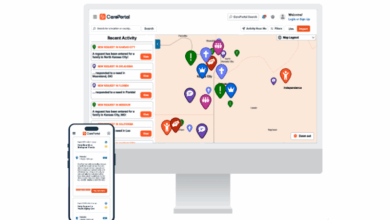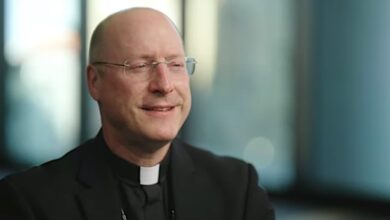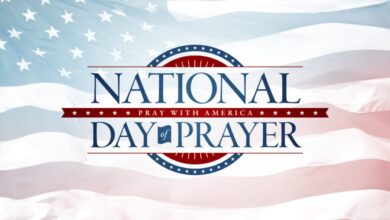Local Catholic bishop criticized for letter encouraging pro-life voting

Bishop James V. Johnston Jr. of the Kansas City-St. Joseph Diocese is under fire for a letter he wrote encouraging Catholics to vote for pro-life candidates.
The letter does not explicitly tell parishioners who to vote for or endorse a particular party. After stating that government has a duty to protect “what God has already bestowed upon us as inalienable rights,” it says that Catholic voters “would do well to weigh a candidate’s position on each of these essential God-given rights that government has a duty to protect, beginning with the right to life.” Some Catholics, with little understanding of IRS rules, have a problem with that.
The letter has sparked outrage among some liberal Catholics who posted heated comments on social media. Some questioned whether the letter, by engaging in a form of political campaigning, violates IRS rules governing tax-exempt religious organizations. Cynthia Spaeth, a church-going member of the Visitation Parish in midtown Kansas City, told local radio station KCUR she was offended by the letter and read it as endorsing President Donald Trump.
“I think people should follow the spirit and the letter of the law, and he’s not allowed to make endorsements and maintain his tax exemption,” she said. “So just on that basis, it was offensive.”
In a phone interview with KCUR, Bishop Johnston said he was not instructing Catholics on how to vote but rather was urging them to vote their conscience.
“One of the places you start is just going back to a basic understanding of conscience, and our conscience is what guides us in all of our big moral decisions,” he said. “And so I mainly wanted to begin there, to review some of the basic, fundamental understanding of what a conscience is and how do you properly form it. And if you get that right, people then can follow that and make a good decision.”
Johnston’s letter reflects the stance of the U.S. Conference of Catholic Bishops, which in a letter last November said the threat of abortion is of “preeminent priority” – although it also spoke of “other serious threats to human life and dignity, such as racism, the environmental crisis, poverty and the death penalty.”
The bishop’s actions fall well within the legal parameters set forth by the Supreme Court of what clergy can do within their churches.
According to LibertyFirst.com, pastors can do the following:
- It’s Okay to Speak About Political Issues in the Church
It is a misconception that pastors cannot address political issues—even “hot button” issues like abortion, same-sex marriage and gun control—from the pulpit. Any person or entity that attempts to silence a pastor for addressing these issues is violating that pastor’s constitutional rights under the First Amendment. Pastors have every right under the First Amendment to talk about any of those issues, and there’s never been any case in American history that said pastors can’t do that. Historically in America and in many places around the world, government and religion have never been mutually exclusive concepts; rather, they coexist. America’s Founders saw religion as a necessary component to a healthy, moral society—not a taboo topic to bar completely from the political realm; neither was political talk to be barred from churches. Sermons on politics, government and controversial issues were common at our nation’s founding, and popular among pastors and churches on varying sides of the political spectrum. - Religious Leaders Can Educate Their Congregation About Politics
Religious leaders are tasked with equipping their congregants in works of service, and that includes representing their faith and morality in the voting booth. Pastors are fully protected when it comes to issues like educating members of their church about the political process, handing out non-partisan voter guides and flyers so members can read about each candidate’s platform.
–Alan Goforth | Metro Voice






